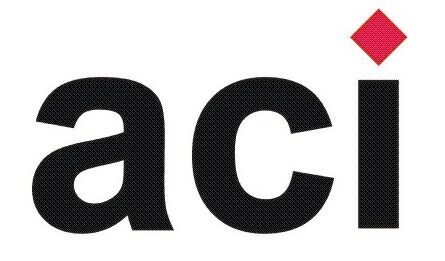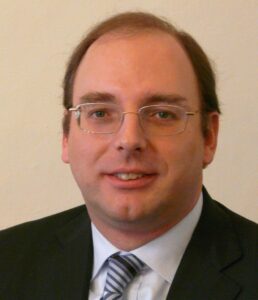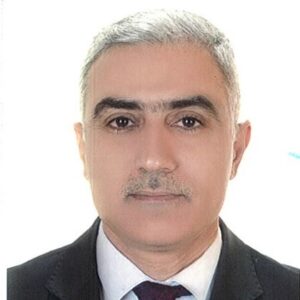Below are the ECEL Biographies of the Conference and Programme Chairs, Key Note Speakers and Mini-Track Chairs.
Conference and Programme Chairs

Professor Fernando Moreira has been a member of the Science and Technology Department at Portucalense University since 1992, currently as a Full Professor, and a visiting professor at the University of Porto Business School. He was the head of the Science and Technology Department from May 2018 until February 2022. He is graduated in Computer Science (1992), M.Sc. in Electronic Engineering (1997) and PhD in Electronic Engineering (2003), both at the Faculty of Engineering of the University of Porto and Habilitation (2018). He teaches subjects related to undergraduate and post-graduate studies. He supervises several PhD and M.Sc. students. He is a (co-)author of more than 200 scientific publications with peer-review on national and international journals and conferences. He serves as a member of the Editorial Advisory Board for several journals and books. He organized several special issues from JCR journals. He has already regularly served as a member of Programme and Scientific committees of national and international conferences. He was the MSc in Computation coordinator during the last ten years. He holds editorial experience, and he is co-editor of several books. He is associated with NSTICC, ACM and IEEE. His principal research areas are mobile computing, ICT in Higher Education, Mobile learning, Social business and Digital transformation. He was awarded Atlas Elsevier Award in April 2019
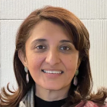
Shital Jayantilal currently, is the Head of the Department of Economics and Management at Portucalence University. She lectures under graduate and graduate courses in Strategy and Strategic Management. She, has a PhD in Business Studies from Extermadura University (2016) and a degree in Economics from the Faculty of Economics, University of Porto (1999). She is also a practitioner and an experienced Senior consultant, with more than 15 years hands-on experience in aiding more than 50 SMEs and family firms, across diverse industries promoting their sustainability and enhancing trans-generational family business wealth. Presently, she is a member of the research unit REMIT – Research on Economics, Management and Information Technologies, Porto. Her main topics of research are Main research interests: Family Firms; Strategy; and Game Theory, and has published in various international journals. Having been awarded by Entrepreneurship and Innovation Exchange and Family Business editorial teams, the 2021 Schulze Publication award.
Keynote Speakers

Cesar Alberto Collazos received the Ph.D. degree in computer science in 2004. He is currently a Professor at the Systems Department, Faculty of Electronic Engineering and Telecommunications, University of Cauca-Colombia. Coordinator of IDIS Research Group and also a Coordinator of the HCI-Collab Network:Collaborative Network Supportung HCI education on Iberoamerican countries. His areas of interest focus on human–computer interaction, collaborative systems, ICT, and education. Has published a lot of papers in recognized conferences and journals.
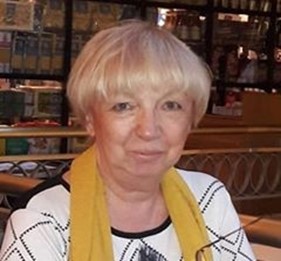
Marta Mena is currently a Professor at the National University of Tres de Febrero-UNTREF Argentina. She is a director of the Virtual Training Program for Researchers-PROFORVIN at the National Technological University-UTN-Argentina, an Advisor at the National University of San Luis for the development of the Hybrid Classrooms Project and the Current Ambassador for Latin America at the International Council for Distance Education (ICDE) and member of the editorial board of Open magazine Praxis. Professor Mena received the Award of Excellence from the International Council for Open and Distance Education in November 2023. She has written countless articles and books about modality in Latin America.
António M. Teixeira is Associate Professor of open, distance and network education at the Universidade Aberta where he has been Pro-Rector for Innovation in Distance Education and chaired the Department of Distance Education and e-Learning. He is a researcher at the Laboratory of Distance Education and e-Learning and at the Centre for Philosophy at the University of Lisbon. He has been on several boards of directors and many expert committees at national and international level. He's currently an external expert at AQU Catalunya and ACPUA quality assurance agencies and the research and innovation national agency of Uruguay (ANII) among others. António M. Teixeira has participated in many international research projects and authored a number of scientific articles and publications. His main research interest is educational innovation and learning futures; open education, particularly MOOCs; distance learning and educational ethics. He has been part of the MOOC movement for some time co-authoring the first institutional pedagogical model dedicated to massive open education – the iMOOC. He has also co-designed the sMOOC pedagogical model
Mini Track Chairs
Prof. Dr. Abbas Fadhil Aljuboori is working currently at Media Technology Engineering, College of Engineering, University of Information Technology and Communications, Iraq. He has a Ph.D. in Computer Science from Dongguk University, SOUTH KOREA. Fulbright Visiting scholar – University of Central Oklahoma – Edmond – USA –2017. International Advisory Board Member for CT University in India. His field of Interest are in Data Mining, Web Applications, Big Data, Data Security, Information Systems, Social Media Analysis, and Smart Applications. He is a Member of several of Academic and Professional Societies. He is an Editor-in-Chief, Editorial Board Member and Reviewer of many eminent International Journals and Conferences worldwide.
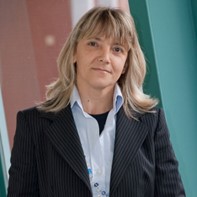
Ana Paula Lopes is Professor at the Mathematics Department of the Porto Accounting and Business School (ISCAP) of the Polytechnic Institute of Porto (P.PORTO), Portugal, since 2000. She has a PhD in Mathematics (2006), in the field of Numerical Linear Algebra.
She is author and co-author of several peer-reviewed publications on teaching and learning methodologies and innovations on educational technology. She has coordinated several projects related to the Use of Technology and Pedagogical Innovation in Distance Education since 2007 and has received many awards over the years.
